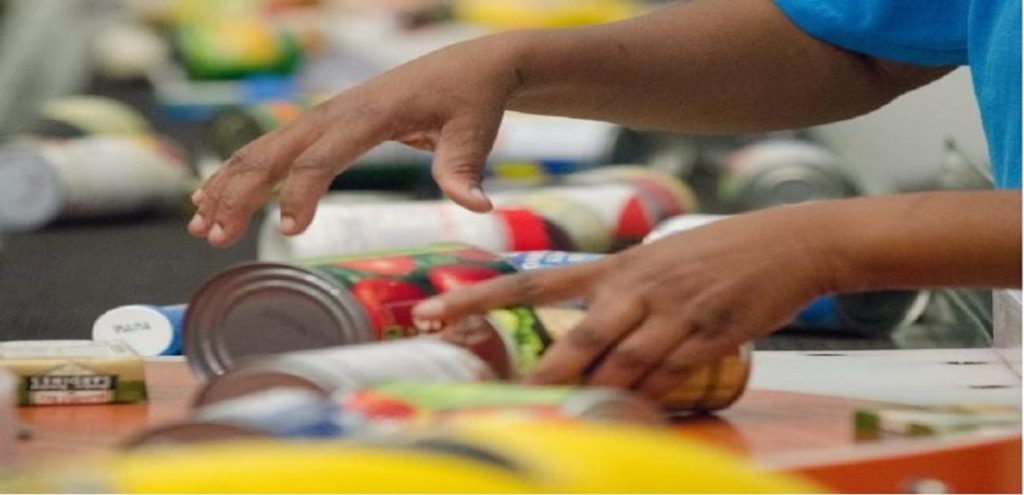The U.S. Department of Agriculture (USDA) has issued a notice on its official website stating that federal food assistance will not be distributed on November 1, increasing risks for families across the country as the government shutdown continues.
This new announcement follows a decision by the Trump administration not to withdraw approximately $5 billion in emergency funds to ensure continued payments under the Supplemental Nutrition Assistance Program (SNAP) through November. SNAP supports one in eight Americans in buying essential groceries.
The USDA notice states:“Bottom line: the well has run dry. At this point, no benefits will be paid on November 1. We are approaching a turning point for Senate Democrats.”
The ongoing government shutdown, which began on October 1, is now the second-longest in U.S. history. While the Republican administration took measures before the shutdown to ensure that SNAP benefits would be paid this month, the stoppage is expected to widen the crisis’s impact, affecting a broader portion of Americans — including some of the most vulnerable — unless a political agreement is reached soon.
The administration has blamed Democrats, who refuse to reopen the government until Republicans agree to negotiate the extension of subsidies that expired under the Affordable Care Act. Republicans, in turn, argue that Democrats must first agree to reopen the government before any negotiations can proceed.
Democratic lawmakers have written to Agriculture Secretary Brooke Rollins, urging her to use emergency funds to cover the bulk of next month’s SNAP benefits.
However, a memo issued Friday by the USDA stated that “emergency funds are not legally available to cover regular benefits.” The document clarified that these funds are designated for specific emergencies such as disaster relief efforts.
The USDA cited Hurricane Melissa, which recently escalated into a major storm, as an example of why emergency funds must remain available for rapid response in case of disasters.
The prospect of millions of households losing access to food assistance has sparked deep concern in states governed by both parties.
Some states have pledged to continue offering SNAP benefits even if the federal government halts payments. However, questions remain over whether federal guidelines will allow such measures, as the USDA memo specifies that states will not be reimbursed for temporarily covering these costs.
Other states are urging SNAP recipients to prepare for a possible suspension of aid. For instance, Arkansas and Oklahoma have advised beneficiaries to locate nearby food banks and local assistance organizations in advance.
Senator Chris Murphy, Democrat of Connecticut, accused Republicans and former President Trump of refusing to negotiate.
“The truth is, if they sat down to negotiate, we could reach a quick solution,” Murphy said Sunday. “We could reopen the government by Tuesday or Wednesday — and there would be no food stamp crisis.”

